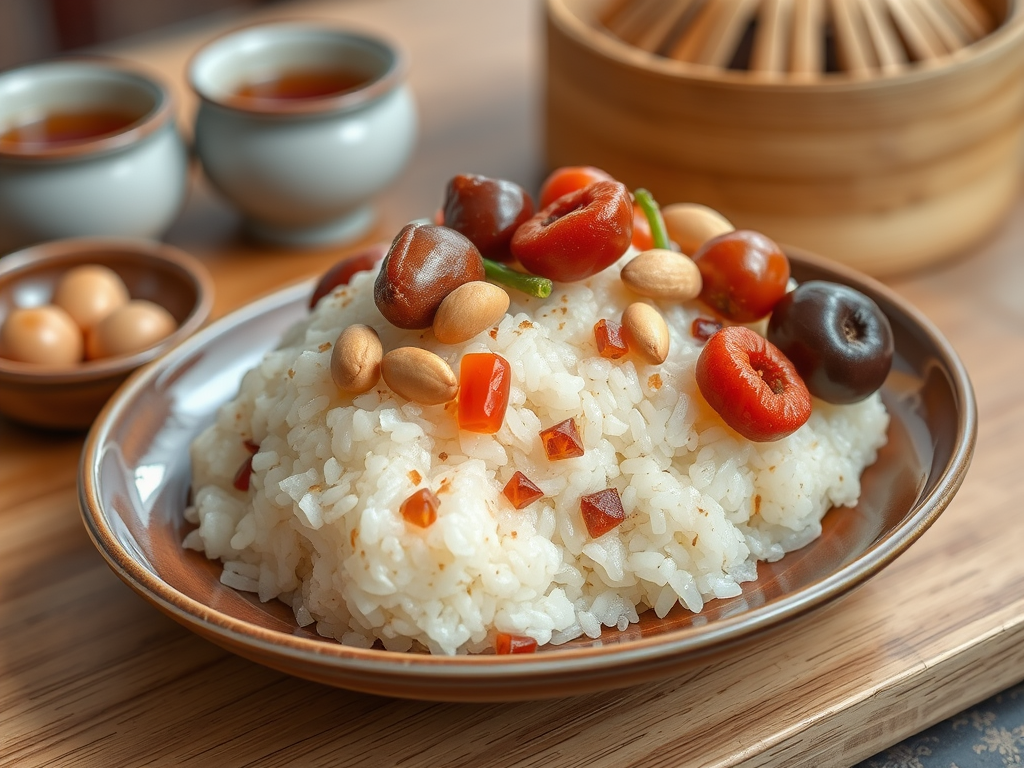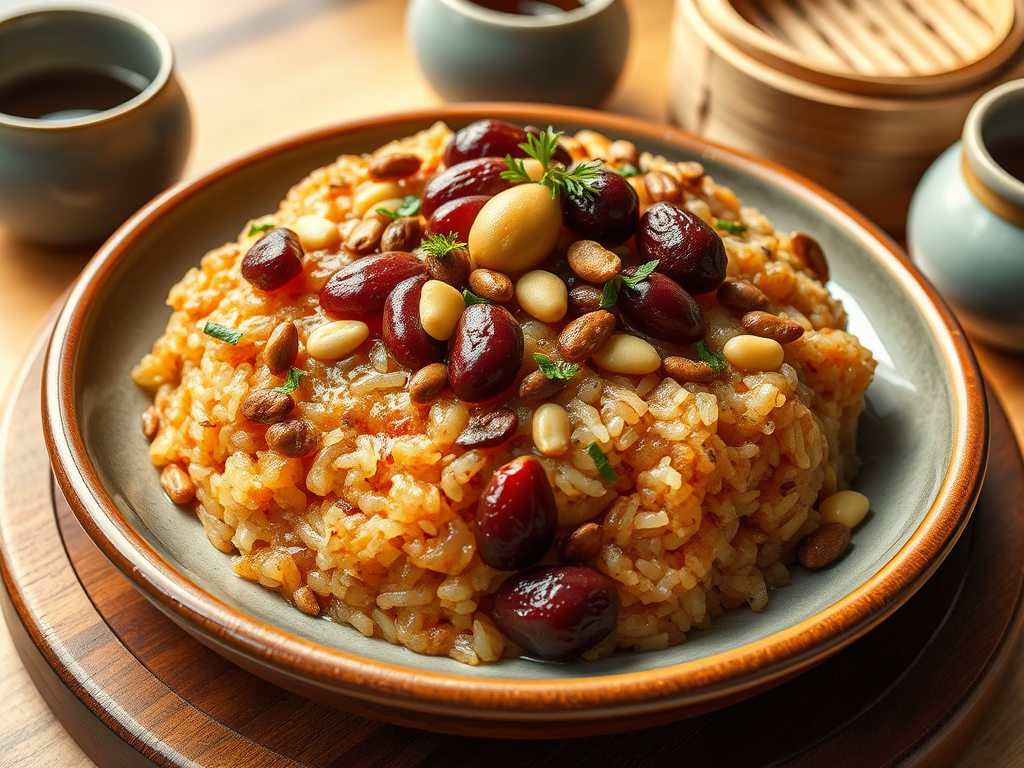Yaksik, a traditional Korean dessert, has been a staple in Korean culture for approximately 1500 years. Made with glutinous rice, chestnuts, jujubes, pine nuts, and honey, this dessert is not only delicious but also packed with nutritious ingredients. It’s often served during special occasions like Jeongwol Daeboreum, the first full moon of the Lunar New Year. The versatility of yaksik allows it to be enjoyed both hot and cold, making it a beloved treat across generations.
The Legendary Origins of Yaksik
Yaksik is believed to have originated around 1500 years ago, with its exact origins tied to various legends. One popular legend involves King Soji of the Silla Kingdom, who was saved from an assassination plot with the help of a crow and an old man. This story highlights the cultural significance of yaksik in Korean traditions, particularly during the Silla Kingdom era. For those interested in exploring more about Korean cultural heritage, a visit to Gyeongbokgung Palace dessert tours can be a fascinating experience.

Crafting Yaksik: A Time-Honored Recipe
The preparation of yaksik involves steaming glutinous rice twice and mixing it with a caramelized sugar sauce for enhanced flavor. The main ingredients include glutinous rice, chestnuts, jujubes, and pine nuts. Optional ingredients like dried raisins, soy sauce, and brown sugar can also be added. The process of steaming and caramelization gives yaksik its distinctive texture and taste. For a detailed recipe, readers can visit Korea.net.
Yaksik in Korean Culture
Yaksik is a beloved dessert in Korea, often served at festivals, celebrations, and family reunions. It’s valued for its comforting qualities and the warmth it brings to social gatherings. The dessert “brings out the most tasty feelings” during special occasions like birthdays. If you’re looking to feature your favorite dessert shop, consider submitting it to our business directory.

Comparing Yaksik and Halwa
Like halwa, yaksik is a dessert with significant cultural importance. However, yaksik is unique due to its use of glutinous rice and a variety of nuts and dried fruits. While halwa typically uses semolina or other grains, yaksik’s glutinous rice base and caramelized sugar sauce set it apart. Both desserts hold a cherished place in their respective cultures. For those interested in exploring other traditional desserts, wagashi and Japanese desserts like dorayaki are worth trying.
If you’re inspired to try making yaksik at home, you can find detailed recipes on websites like Korean Bapsang or Kimchi Mari. For those who enjoy experimenting with new recipes, consider submitting your dessert recipe to be featured. You can also explore more about the cultural significance of similar desserts, such as mochi in Japanese culture or learn why mochi sticks to everything.



